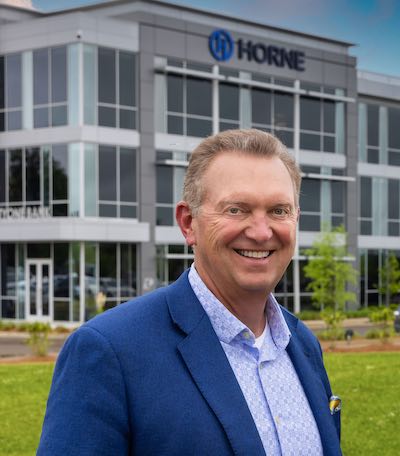Where LGBTQ+ Meets Dementia

Living with or caring for someone with Dementia is difficult. It can be complicated, emotionally challenging, and lonely. When the person or the caregiver is a part of a sex or gender minority, the difficulties become even broader and more complex.
LGBTQ+ individuals living with Dementia may present
unexpected challenges for caregivers. Cognitive decline may produce abrupt changes in how one presents themselves to others. Impairments can also lead to emotional reactions to triggers of memories of traumatic experiences. If caregivers are unskilled in dementia-sensitive communication, a reaction can result in a rejection of care that can take on an aggressive posture. (1)
Meanwhile, LGBTQ+ older adults are less likely to have children or marry, so more live alone, and a higher proportion are caregivers for friends and other extended relations.1 Without formal designation as a health care proxy, durable power of attorney, or a living will with a Dementia provision, LGBTQ+ caregivers who are not legal or biological family members can be excluded from critical decision making.
The prevalence of cognitive decline among the LGBTQ+ community is elevated compared to straight, cisgender populations. A 2019 University of California, San Francisco study found that 1 in 7 (14%) LGBTQ+ participants self-reported cognitive decline, frequent confusion, and memory loss, while only 1 in 10 (10%) straight, cisgender participants reported those conditions.(2)
The higher prevalence of cognitive decline among sex and gender minorities likely stems from higher rates of Depression, decreased availability or access to quality of health care, and higher rates of smoking, alcohol abuse and obesity. Discrimination and identity concealment may lead to increased social isolation, another known risk factor for Dementia.
Today’s older LGBTQ+ adults came to maturity in a time when sexual and gender minority identities were viewed as pathological defects rather than part of a continuum of “normal.” That environment subjected people to Stress-influenced health and Lifestyle choices, thus putting the population at greater risk for cognitive decline.
Still, a sizeable portion of the community- nearly 40% of surveyed LGBTQ adults aged 40 to 61 – believe they are better prepared for Aging as they have developed positive personal characteristics and strong support systems, their “families of choice.”(1) Even with these attributes, caregiver members of the LGBTQ+ community are at a greater risk of the adverse effects of Caregiving (stress, depression, disability).
In the medical and support communities, SAGECare advocates for and educates organizations about person-directed Dementia care for LGBTQ+.(3) Competency trained staff understand the unique needs and concerns of LGBTQ+ older adults. Individuals can have confidence that the help they are seeking will be delivered with compassion and understanding of LGBTQ+ patients and clients.
(1) Karen I. Fredriksen-Goldsen,1 Sarah Jen,1 Amanda E. B. Bryan,1 and Jayn Goldsen. Cognitive Impairment, Alzheimer’s Disease, and Other Dementias in the Lives of Lesbian, Gay, Bisexual and Transgender (LGBT) Older Adults and Their Caregivers: Needs and Competencies. Journal of Applied Gerontology, September 2016, Vol 37(5). Pages 545-569, Accessed July 20, 2021 at https://www.ncbi.nlm.nih.gov/pmc/articles/PMC5383534/
(2) Jason Flatt, The Epidemiology of Dementia in LGBTQ Older Adults. Innovation in Aging, Volume 4, Issue Supplement_1, 2020, Pages 748–749, Accesed July 20, 2021 at https://doi.org/10.1093/geroni/igaa057.2695
(3) SAGECare Staff Development/Training. Accessed July 20, 2021 at https://sageusa.care/our-services/coaching-training/
Contributor: Karen R. Ogden, team member of the Dementia Society of America.
The opinions expressed by contributing authors are not necessarily the opinions of the Dementia Society, Inc. We do not endorse nor guarantee products, comments, suggestions, links, or other forms of content contained within blog posts that have been provided to us with permission, or otherwise. Dementia Society does not provide medical advice. Please consult your doctor. www.DementiaSociety.org























